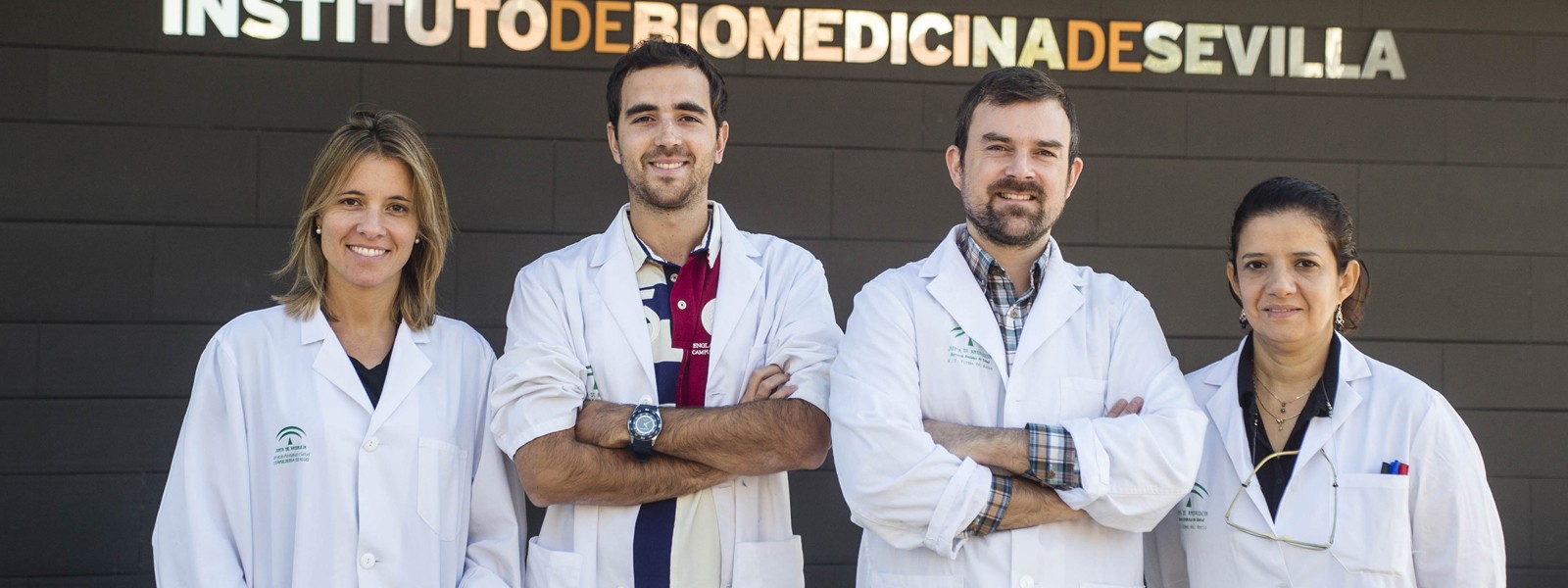DIRECTOR
RESEARCH TEAM
Daniel Enterría Morales and Ivette López López, University of Seville.
COLLABORATING INSTITUTIONS
DESCRIPTION
Parkinson’s disease (PD) is a progressive neuronal disorder that affects as much as 1% of the population over 60 years with dramatic health and economic consequences. Although the PD pathophysiology is well described, to date there is no cure and the existing treatments aim to relieve the symptoms rather than prevent the neuronal decline. For over two decades, glial cell line-derived neurotrophic factor (GDNF) has been suggested as a promising therapeutic treatment to prevent and repair the progressive loss of the nigrostriatal dopaminergic pathway that occurs in PD.
Although preclinical experiments proved to be efficient in mice, rats and non-human primates, clinical trials led to mixed results and highlighted the main problem of GNDF: delivery into the brain since GDNF cannot cross the blood brain barrier. However, more recent advances showing that GDNF is endogenously synthetized in the striatum suggest that stimulating GDNF expression could be of therapeutic use.Based on work made in our institute and from peer investigators’ studies, we believe that GDNF produced by the striatal parvalbumin (PV)-positive neurons is essential to the dopamine neurons survival and is a therapeutic target to prevent the neuronal cell death in PD.
This proposal includes two main aims: i/ Getting a better understanding of the role of striatal GDNF in PD pathogenesis, and whether stimulating endogenous GDNF synthesis is relevant. ii/ Finding the molecular pathway leading to striatal GDNF synthesis by PV neurons and stimulate GDNF secretion. Since GDNF is endogenously produced in the human caudate-putamen, this mouse model-based research project holds great translational aspect. The data obtained from this research will certainly benefit to the clinics in the near future.

